How important is it for candidates to tell the truth? Throughout his long career in politics, McCain, who called his PAC Straight Talk America, has presented frankness as his fundamental virtue. If his positions—on campaign finance, on immigration reform, on the Bush tax cuts—were unpopular with either the White House or the Republican Party faithful, that just showed that he was willing to tackle the tough issues.
When his campaign very nearly collapsed and then revived, in December, McCain attributed his rally not to the fact that voters liked what he was saying but to the fact that they didn’t. “I’ve been telling people the truth, whether I thought that’s what they wanted or not,” he said.
After his crucial victory in New Hampshire, in January, he again credited his candor: “I went to the people of New Hampshire to tell them the truth. Sometimes I told them what they wanted to know, sometimes I told them what they didn’t want to know.”
The past few weeks have seen a change in McCain. He has hired new advisers, and with them he seems to have worked out a new approach. He is no longer telling the sorts of hard truths that people would prefer not to confront, or even half-truths that they might find vaguely discomfiting.
Instead, he’s opted out of truth altogether. “Well, that certainly didn’t take long,” the Times observed.
The sharp increase in gasoline prices—the national average for a gallon of regular hit a record high, of $4.11, on July 7th—has shown up in several recent voter polls as a top concern. In a CNN/Opinion Research survey released last month, seventy-seven per cent of respondents said that gas prices would be “extremely” or “very” important in their choice for President.
An NBC/Wall Street Journal poll taken in mid-July put energy and gasoline prices just below “job creation and economic growth” but above the war as a priority for the government to address. Polls also show that a majority of Americans believe that more drilling for oil in the United States would alleviate the problem.
The CNN/Opinion Research survey found that seventy-three per cent of Americans back increased offshore drilling—although President Bush recently lifted an executive moratorium on drilling in most coastal waters, a congressionally imposed moratorium remains in place—while a recent Los Angeles Times/Bloomberg survey showed sixty-nine per cent in favor of allowing drilling on currently protected federal lands. (Twelve per cent supported such a move even if it caused damage to “environmentally important areas.”)
Of course, the results of these or any other public-opinion surveys do not alter the underlying reality. The Department of Energy estimates that there are eighteen billion barrels of technically recoverable oil in offshore areas of the continental United States that are now closed to drilling.
This sounds like a lot, until you consider that oil is a globally traded commodity and that, at current rates of consumption, eighteen billion barrels would satisfy less than seven months of global demand. A D.O.E. report issued last year predicted that it would take two decades for drilling in restricted areas to have a noticeable effect on domestic production, and that, even then, “because oil prices are determined on the international market,” the impact on fuel costs would be “insignificant.” Just a few months ago, McCain himself noted that offshore resources “would take years to develop.” As the oilman turned wind farmer T. Boone Pickens has observed, “This is one emergency we can’t drill our way out of.”
If the hard truth is that the federal government can’t do much to lower gas prices, the really hard truth is that it shouldn’t try to. With just five per cent of the world’s population, America accounts for twenty-five per cent of its oil use.
This disproportionate consumption is one of the main reasons that the United States—until this year, when China overtook it—was the world’s largest emitter of greenhouse gases. (Every barrel of oil burned adds roughly a thousand pounds of carbon dioxide to the atmosphere.) No matter how many warnings about the consequences were issued—by NASA, by the United Nations, by Al Gore, by the Pope—Americans seemed unfazed. Even as the Arctic ice cap visibly melted away, they bought bigger and bigger cars and drove them more and more miles.
The impact of rising fuel prices, by contrast, has been swift and appreciable. According to the latest figures from the Federal Highway Administration, during the first five months of this year Americans drove thirty billion fewer miles than they did during the same period last year.
This marks the first time in a generation that vehicle miles in this country have edged downward. All told, undriven trips since the start of 2008 amount to some thirty billion pounds of unreleased CO2. Clearly, the only way to change America’s consumption habits is by making those habits more expensive.
McCain, in his straight-talking days, acknowledged as much. In 2003, he broke with the Bush Administration and co-introduced legislation to reduce carbon emissions, by, in effect, imposing a price on them.
That same year, over strong White House opposition, he brought the bill to the Senate floor. (It was defeated, by a vote of fifty-five to forty-three.) In an interview with this magazine, he said that he regarded the opposition to his proposal, largely from members of his own party, as a scandal.
“I think it’s a dramatic example of the influence of special interests here in the Congress,” he said. “It’s a combination of the utilities and the coal companies and automobile manufacturers—an unholy alliance of special interests that have made it a top priority to prevent any action being taken.” He went on to say that he wasn’t sure the American political system was up to dealing with the challenge of climate change.
“How much damage will have been done before we act?” he asked.
Recent history suggests that Presidential campaigns don’t reward integrity; the candidate who refuses to compromise his principles is unlikely to have a chance to act on them. Still, McCain’s slide is saddening. That he has sunk to the level of “Pump” a full month before Labor Day really doesn’t leave him—or the race—far to go. ♦























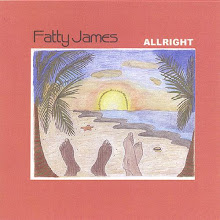

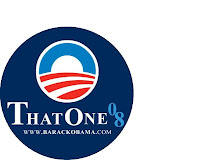
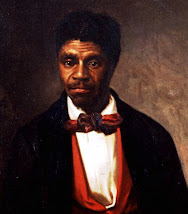

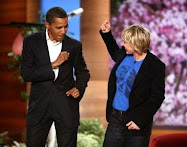


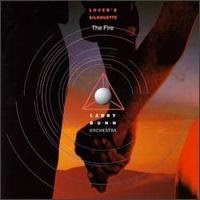

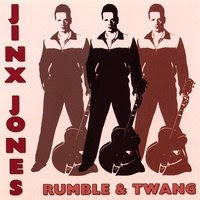
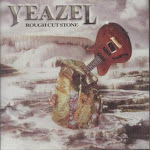





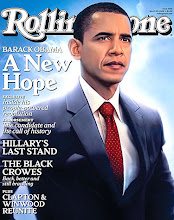






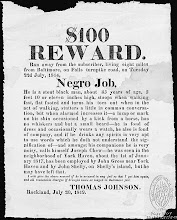


No comments:
Post a Comment